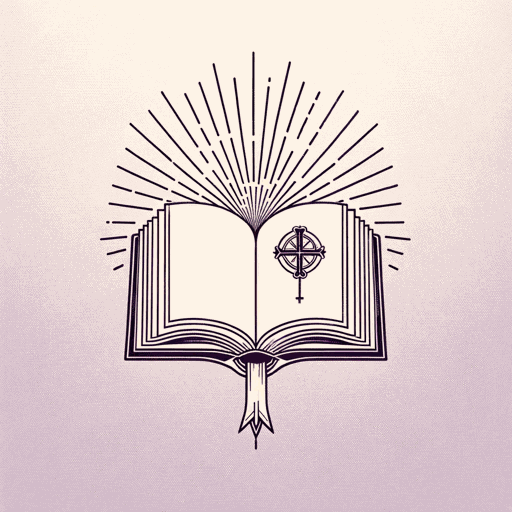50 pages • 1 hour read
John Henry NewmanThe Idea of a University
Nonfiction | Book | Adult | Published in 1873A modern alternative to SparkNotes and CliffsNotes, SuperSummary offers high-quality Study Guides with detailed chapter summaries and analysis of major themes, characters, and more.
Index of Terms
Knowledge
The term “knowledge,” in Newman’s usage, holds several senses, but each sense is usually easily discerned by context. He sometimes uses “knowledge” as a simple synonym for “truth,” particularly when speaking of the unity of knowledge as representing all known truth. When he uses the term “knowledge” in reference to a person’s mind, he means much more than simply “information”; he uses the term to refer to information that is understood in the context of its relations with other knowledge. Such information is employed not just in one’s memory, but in one’s judgment and reasoning. Finally, Newman also uses “knowledge” as shorthand for his broader idea of holistic intellectual formation.
Liberal Education
Liberal education, to Newman, is an educational system that pursues a broad mastery of knowledge as its own end. It does not focus on gaining technical skills or limited fields of expertise merely for the sake of their practical utility. Rather, it aims for a formation of the entire intellect, a training of the mind to use knowledge rightly.
Theology
Theology, by Newman’s reckoning, is a science concerning ultimate causation. It is foundational to all other branches of knowledge, which study proximate or immediate causes. Theology, in its broadest sense related to Theism (a philosophical conviction of divinity’s existence), is grounded in the consensus of the monotheistic religions and of classical philosophy that there is an ultimate, divine cause of all things.

